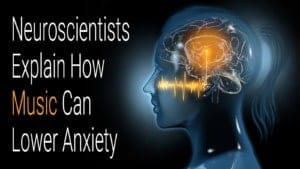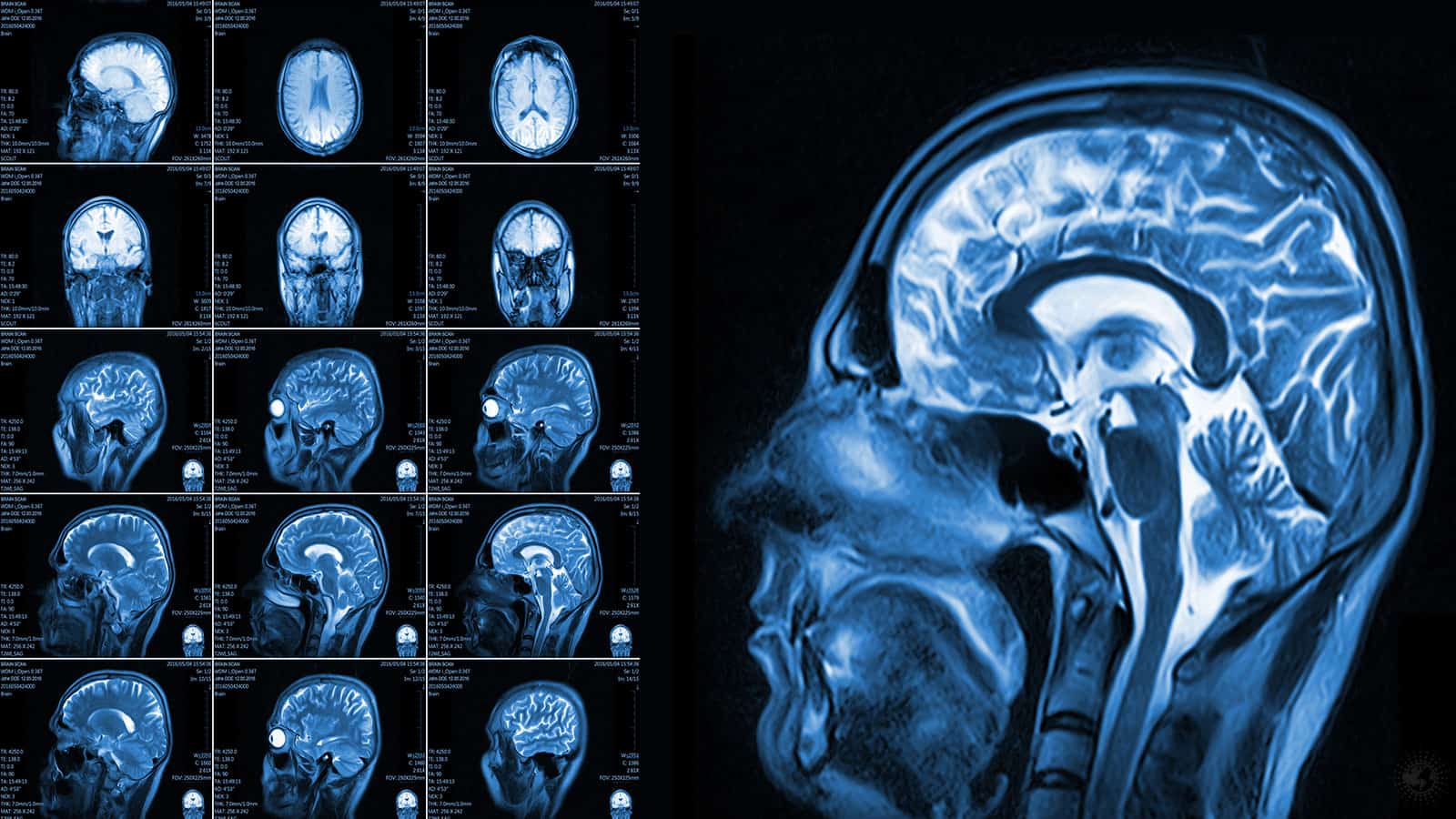Music speaks to your heart and soul. It can get your feet tapping, make you feel energized, or sad. Regardless of which style of music you prefer, it is speaking to you or expressing something from within yourself. It might be telling a story you can relate to or invoking an image and feelings you desire in your life. No matter what, music creates a strong response in us. While this isn’t news to anyone, it has only been within the last 10 years or so that music therapy has been recognized as a legitimate alternative. Researchers reveal what happens to your brain with music therapy and the scope of therapeutic uses.
What is music therapy?
According to the American Music Therapy Association, music therapy is:
“The clinical and evidence-based use of music interventions to accomplish individualized goals within a therapeutic relationship by a credentialed professional who has completed an approved music therapy program.”
The AMTA goes on to clarify that music therapy is designed to assist in the emotional, cognitive, and social needs of the client. Therapy may include:
- Creating music
- Singing
- Moving to the beat of the song
- Listening to music
The goal of this therapeutic treatment
The goal of music therapy is for the client to build upon the skills learned or strengthen current skills and be able to apply it in everyday life. Some of the general areas in which music therapy can be beneficial are:
- Communication and expression of one’s feelings. This can apply to clients and their families.
- Physical rehabilitation and encouraging movement
- Motivation
- Reduce and teach coping methods for stress
- Decrease pain
- Improve memory
- Improve muscular capability related to speech
Anyone working in a sales-related field or writers of self-help programs or books is likely familiar with how music, audiobooks, or videos are recommended as a method to motivate, decrease stress, visualize, or meditate. In a small way, you are utilizing the benefits of music therapy when you do this. You are using music, or verbal speaking, to alter your mood. You can even apply this to working out with music playing. None of the above are technically therapy without the guidance and plan of a therapist. However, it does show how, in those capacities, music has a strong effect on our mood and mind.
Who can music therapy help?
It is easy to understand how music can affect our mood and increase motivation, but it has other uses that you may not think of.
1 – Brain damage and music therapy
In 2010, a report called The Cochrane Collaboration was published, displaying how music therapy could be beneficial for those who are experiencing brain damage. The particular brain damage studied was acquired brain damage, such as from an accident or a stroke, as opposed to degenerative brain damage. The group gathered a collection of reports over the previous years, examining the results from the music therapist. It consisted of 184 cases.
Acquired Brain Damage can result in various challenges such as: movement or motor skills, speech, social skills, pain, and overall emotional wellbeing. They looked at different methods for each challenge;
- rhythm to aid in movement,
- singing to support in speaking and enhance voice quality,
- listening to music to reduce pain and
- music improvisation to help with mood and overall mental and emotional health.
Their analysis resulted in showing that rhythmic auditory stimulation (RAS), or coordinating movement to the beat and rhythm to the music, was beneficial in improving walking ability related to stride, cadence, symmetry, and strength of the movement. In regards to the other challenges faced by those experiencing acquired brain damage, the results were inconclusive due to limited cases. Recommendations were made that further studies be performed for more accurate conclusions.
Another study demonstrated that improvement in the movement was not restricted to your legs. In this study, individual stroke victims were taught how to play an electric piano or drum. These individuals had limited hand dexterity and movement as a consequence of the stroke. With 15 sessions over 3 weeks, they showed significant improvement in speed, accuracy, and ease of movement.
An example of success
While the Cochrane Collaboration was unable to prove that music can help those with acquired brain damage to speak, it doesn’t rule it out. In the case of Gabrielle Gifford, a Congresswoman who had been shot in the head, music therapy was instrumental in aiding her in recovery. She had lost many abilities, including the ability to speak. She was able to communicate by singing or chanting within 4 years.
2 – Music and the autism spectrum
Music therapy has played a significant role in helping individuals within the autism spectrum to learn social skills, communication, and emotional expression and recognition. Some reports claim that music therapy is not necessarily more effective than traditional therapy. However, patients with ASD enjoy it more. Moreover, that love for this therapy can aid in facilitating cooperation.
The original theory regarding the association with autism and music was that an individual with autism would be unable to respond to music emotionally. This proved to be false. They do show difficulty in finding words for what they are feeling. Music therapy is useful in teaching them how to interpret facial emotions by correlating “happy” music with a happy face and sad music with a sad face. This aids in teaching empathy.
With the relatively new studies correlating motor skills with acquired brain damage, scientists are now theorizing if the same methods can help autistic spectrum individuals with their motor skills and attention difficulties.
3 – Music therapy and Parkinson’s Disease
Similarly to patients with acquired brain damage, aiding patients with Parkinsons or Alzheimers is also being researched. People with Parkinson’s can have incidences where their ability to move is “frozen”. They cognitively know they need to move, such as to go to the bathroom, yet their body will not respond. Some studies on music therapy prove it to be beneficial in this regard. The patient learns a song, usually of their choosing, and they walk to it while they sing it. Then, when they are in a situation where their body freezes, they start to hum the song, and the body will begin to move accordingly.
4 – Music Therapy and other benefits
The study of music therapy as therapy is relatively new and many studies are ongoing prove its actual impact. This includes treatment on Alzheimer’s, ADHD, Pain, Depression, Anxiety, PTSD, and more. Scientists are also studying how it interplays with our brain, and as they gain a more in-depth understanding, the focus may become more fine-tuned toward specific issues.
 How does music therapy affect the brain?
How does music therapy affect the brain?
The study of the effect of music and our brain is proving to hold more significance than researchers originally thought. There are a few different thoughts in relation to how music therapy is able to be beneficial. Most have to do with brain plasticity or the flexible way in which our brain can open different learning pathways.
1 – Release of dopamine.
Studies show that when one listens to certain music, it creates a feeling of excitement. This correlates with a release of dopamine. Not only is dopamine important in helping those with depression and anxiety, but also in motivation through a reward sensation. This release of dopamine also corresponds with an increase in blood circulation.
2 – Hebbian Theory.
Hebbian or Hebbs Theory is the study of how if two neurons are fired off at the same time, they learn at the same time. For example, when we listen to music, usually we also move our feet, body, or hands. We associate the sound of music with the rhythm, which creates a simultaneous movement, and our heartbeat and breathing will match the beat. It is this theory that explains how we can teach motor and breathing to those with certain disabilities.
3 – Noise versus music in plasticity.
Music has positive results on our brain in learning new things and memory. Conversely, noise, defined as unorganized and disordered sound, has actually shown to have a negative impact on our stress levels, memory and capability to learn.
4 – All brain is encompassing.
The biggest attribute to music’s effect on our brain is that it stimulates multiple areas of our brain. Our brain responds in regions that include listening, emotions, memories, physical movement, and visual imagery.
Final Thoughts: Connecting the Brain and Music Therapy
Historians believe that we (Homosapiens), learned how to make music as a form of communication before we could speak. Furthermore, it crosses language barriers between people, which in most cases, makes it universally appreciated. So there may be cultural differences, or personal preferences, in appreciation of various forms of music. However, everyone has a positive response to music.
Researchers revealed some of the theories associated with what happens to your brain with music theory. And, it appears that our brains might learn best through music. While music as therapy is still relatively new, it has already shown strides in areas. In fact, it aids in maintaining positivity in the patients by inspiring a positive mood while getting treatment.
Our emotions and attitude can be our biggest detriment to recovery. Allowing therapy to be a positive experience is a significant first step to quicker and more complete recovery.




















